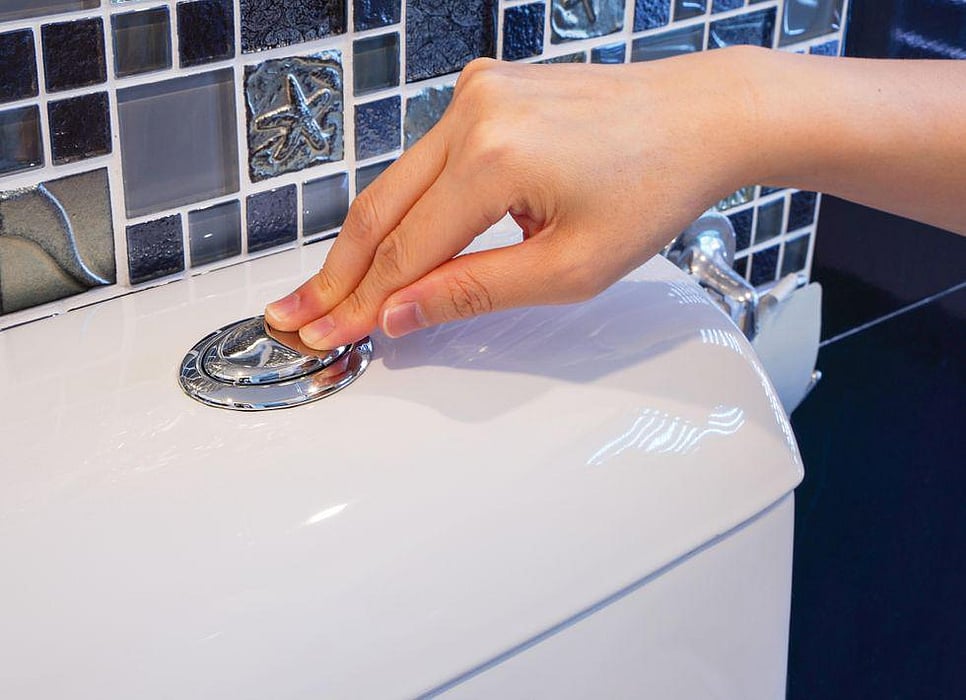Sacral Neuromodulation Safe for Lower Urinary Tract Dysfunction

FRIDAY, Oct. 7, 2022 (HealthDay News) -- Sacral neuromodulation (SNM) is safe for patients with refractory lower urinary tract dysfunction and yields high patient satisfaction, according to a study published online Sept. 9 in the Scandinavian Journal of Urology.
Hanne Kobberø, from Odense University Hospital in Denmark, and colleagues offered 22 patients with refractory idiopathic and neurogenic lower urinary tract dysfunction a two-stage test procedure and SNM device implantation. Patients rated their satisfaction with treatment using a 5-point Likert scale and completed a bother score of urinary, bowel, and sexual symptoms (on a scale of 1 to 10, with 10 being the worst).
Nineteen of the patients were responders and had the pulse generator implanted. The researchers found that 17 patients were very satisfied/satisfied. In idiopathic and neurogenic patients, there was a significant change in urinary symptoms bother score, from 10 to 4 and 10 to 3, respectively. Eleven of the patients had symptoms from two or three pelvic compartments. Complications occurred in nine patients, with resolution of all but one.
"Our study revealed that SNM could be done without life-threatening side effects," the authors write. "The overall complication rate is rather high compared to other studies and most complications were related to the electrode implantation and the learning curve around the SNM set-up."
Abstract/Full Text (subscription or payment may be required)
Related Posts
Clinical Decision Support May Cut Cardiovascular Disease Risk
THURSDAY, Feb. 10, 2022 (HealthDay News) -- Use of clinical decision support...
What Is Gastritis and How Is It Treated?
MONDAY, June 19, 2023 (HealthDay News) -- You're feeling bloated, nauseous and...
Los maratones de series podrían aumentar su riesgo de coágulos sanguíneos
https://consumer.healthday.com/1-20-binge-watching... Credit: HealthDay
